The Communication Complexity Landscape of Information-theoretic MPC
Secure Multi-party Computation (MPC) is the standard-bearer and holy-grail problem in Cryptography that permits a collection of data-owners to compute a collaborative result, without any of them gaining any knowledge about the data provided by the other, except what is derivable from the result of the computation. Communication complexity is one of the most prominent complexity measures of MPC with information-theoretic security. In this talk, I will draw a high-level picture of how the communication complexity study progressed over the years and my contributions to this area.
Speaker Biography
Arpita Patra is presently an Associate Professor at Indian Institute of Science. She served as a visiting faculty at Silence Laboratories, Singapore in 2024 and as a visiting faculty researcher at Google Research between 2022-2023. Her area of interest is Cryptography, focusing on theoretical and practical aspects of secure multiparty computation protocols. She received her PhD from Indian Institute of Technology (IIT), Madras and held post-doctoral positions at University of Bristol, UK, ETH Zurich, Switzerland, and Aarhus University, Denmark.
Her research has been recognized with Prof. S. K. Chatterjee Award for Outstanding Woman Researcher or Industry Leader 2023 by IISc<https://iisc.ac.in/prof-s-k-chatterjee-award/> (2023), Google Privacy Research Faculty Award 2023, J P Morgan Chase Faculty Award 2022, SONY Faculty Innovation Award 2021, Google Research Award 2020, NASI Young Scientist Platinum Jubilee Award 2018, SERB Women Excellence award 2016, INAE Young Engineer award 2016 and associateships with various scientific bodies such as Indian Academy of Sciences (IAS), National Academy of Engineering (INAE ), The World Academy of Sciences (TWAS). She has coauthored a textbook on Multi-party Computation titled “Secure Multiparty Computation against Passive Adversaries” (published by Springer in 2023) and on consensus titled “Fault Tolerant Distributed Consensus in Synchronous Networks” (in press, Springer).

